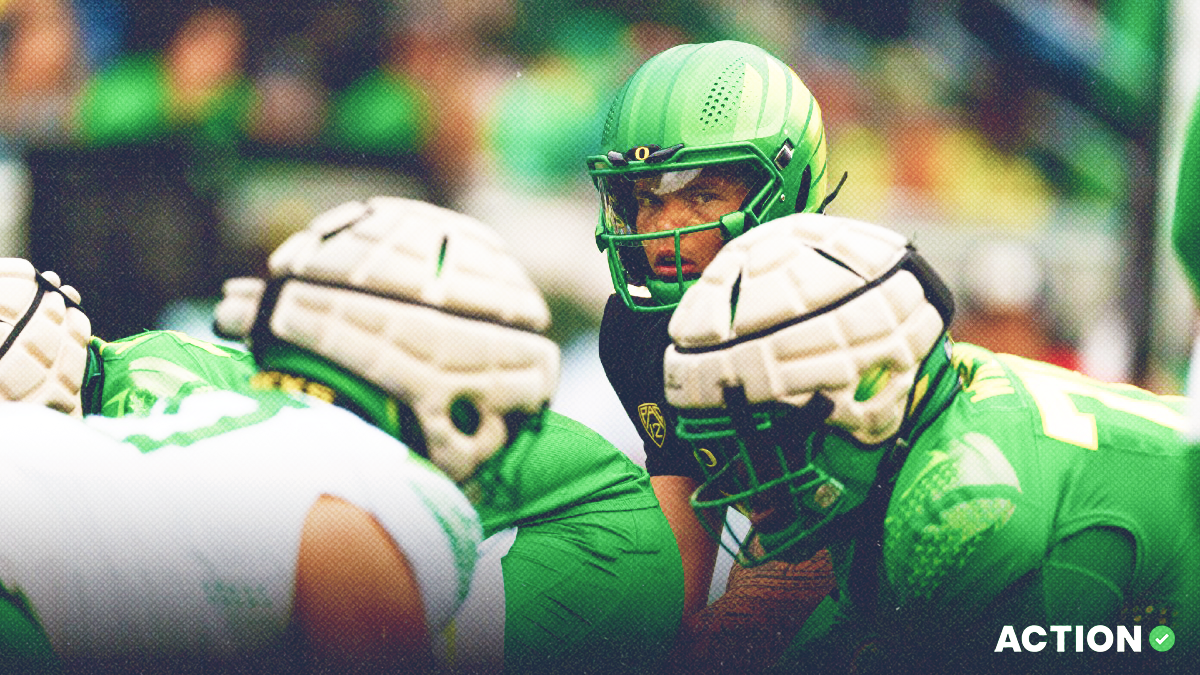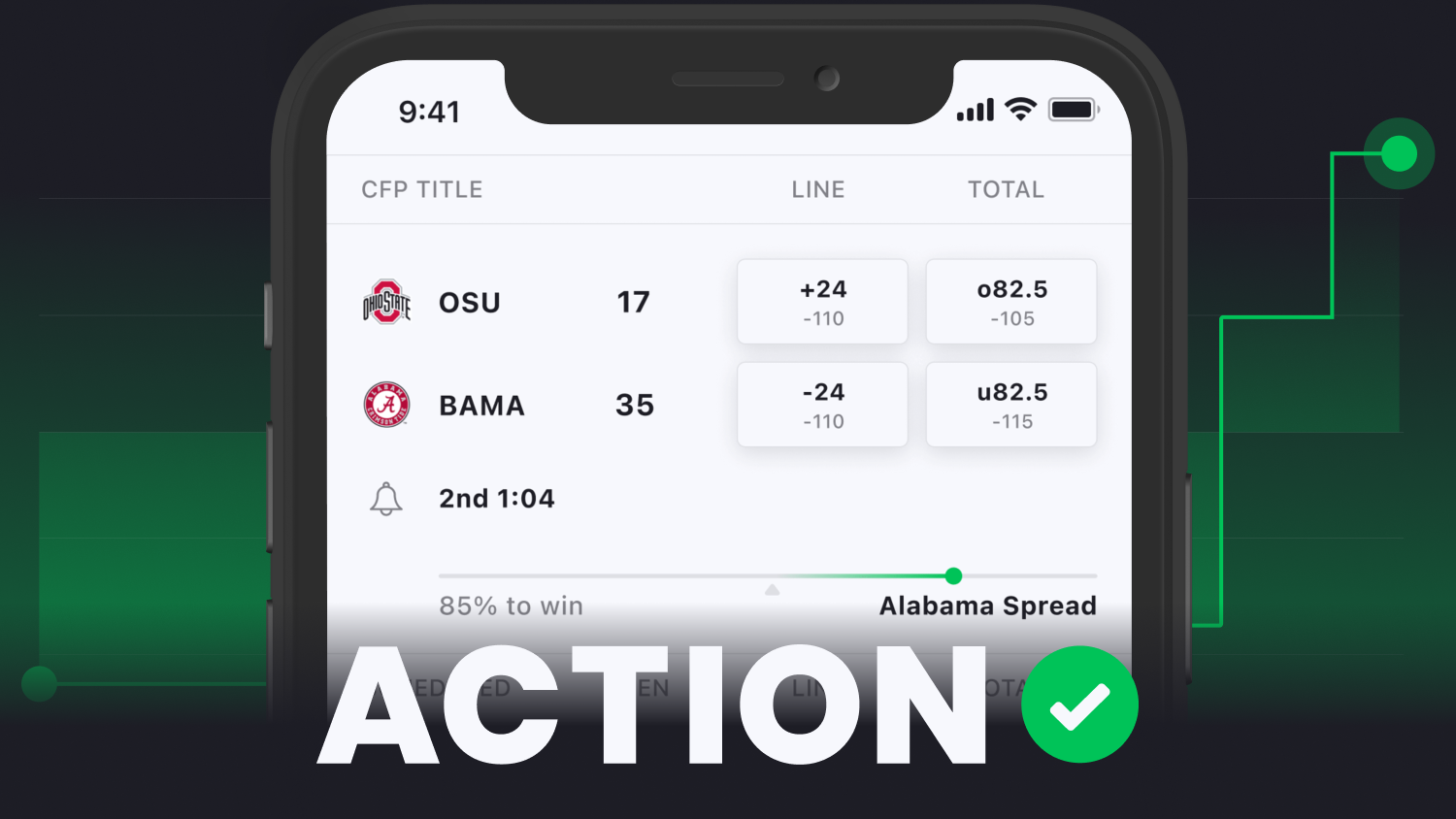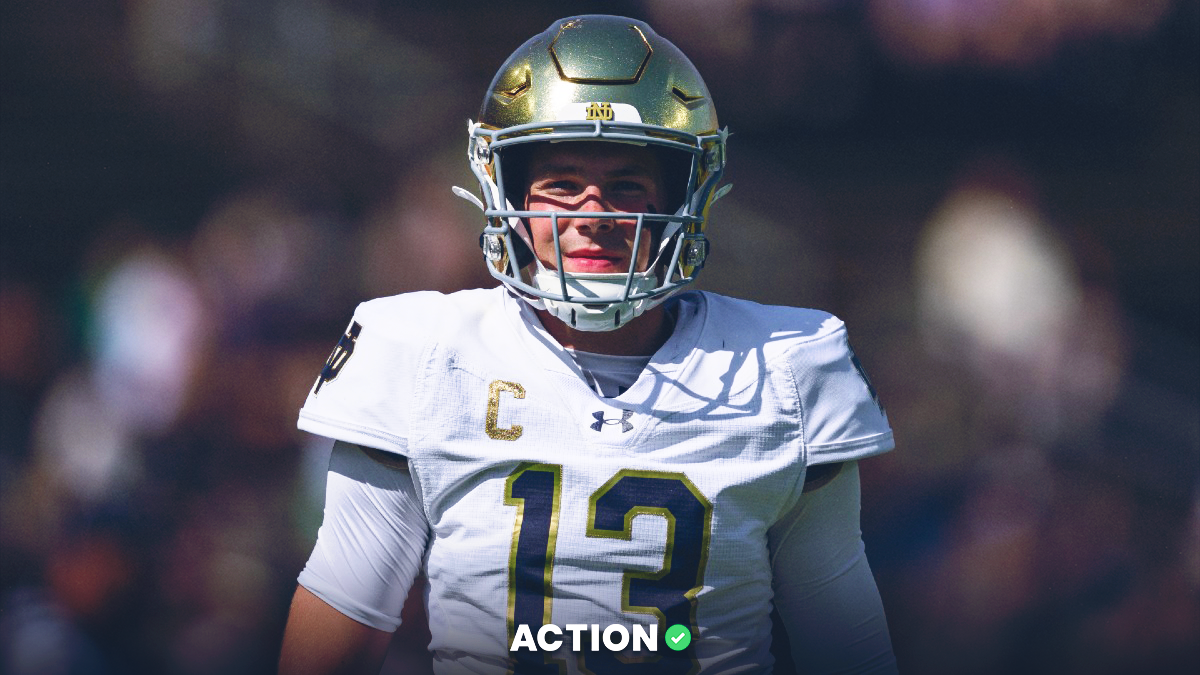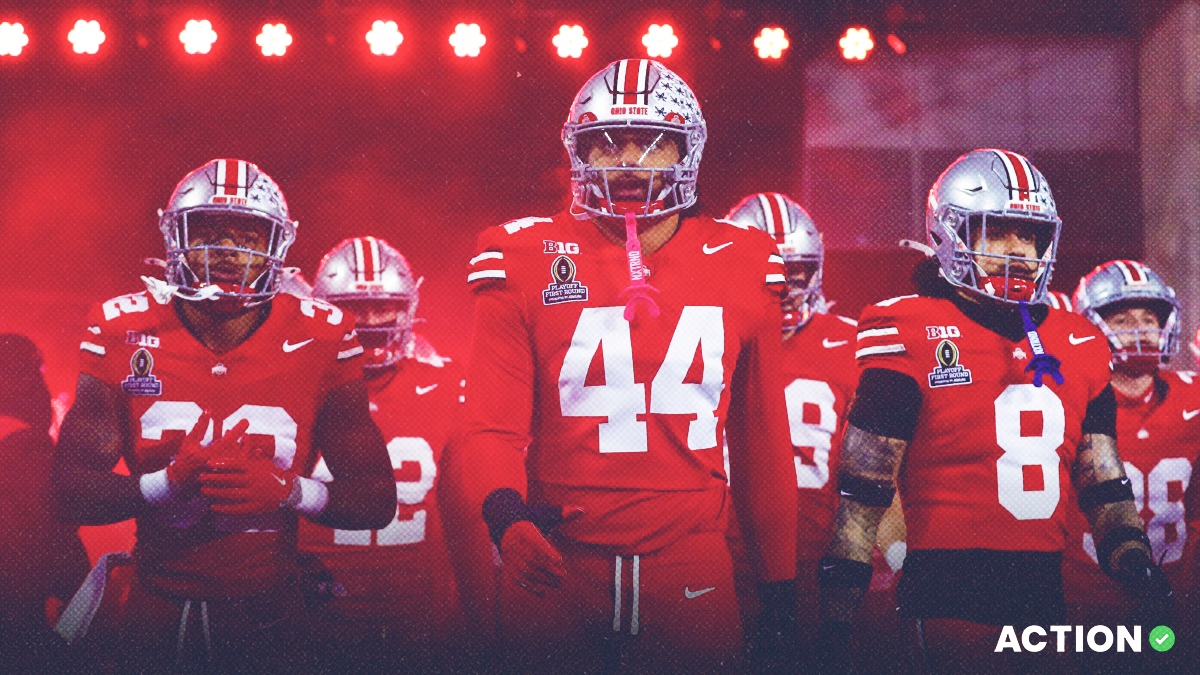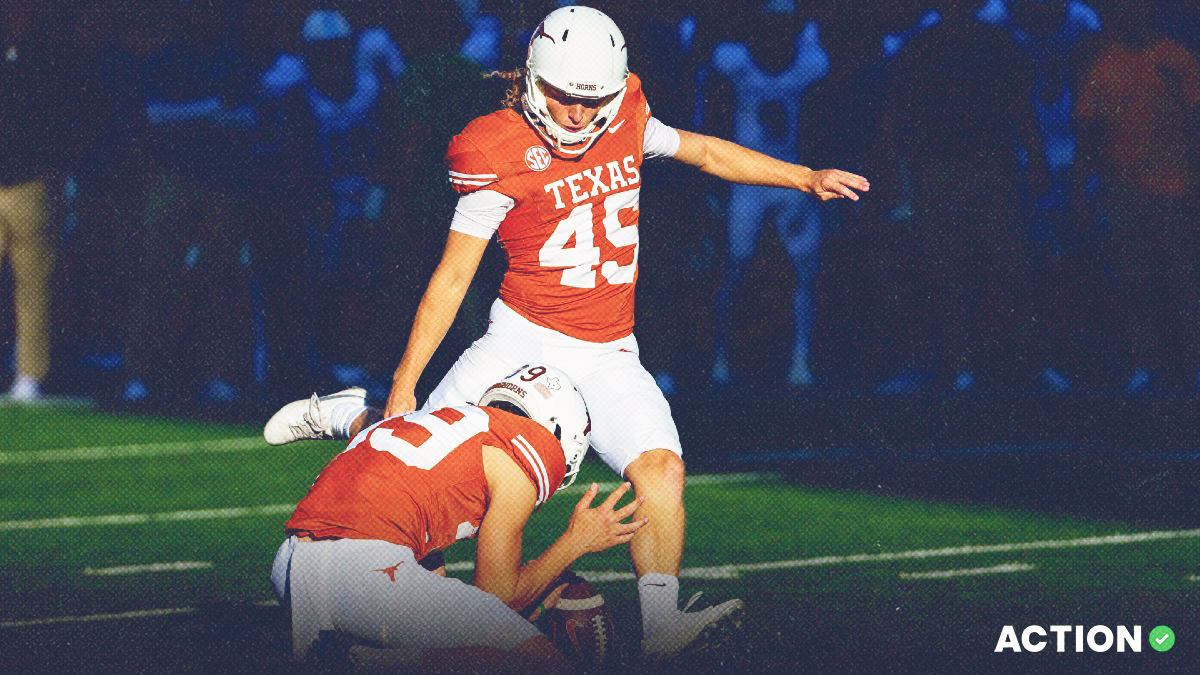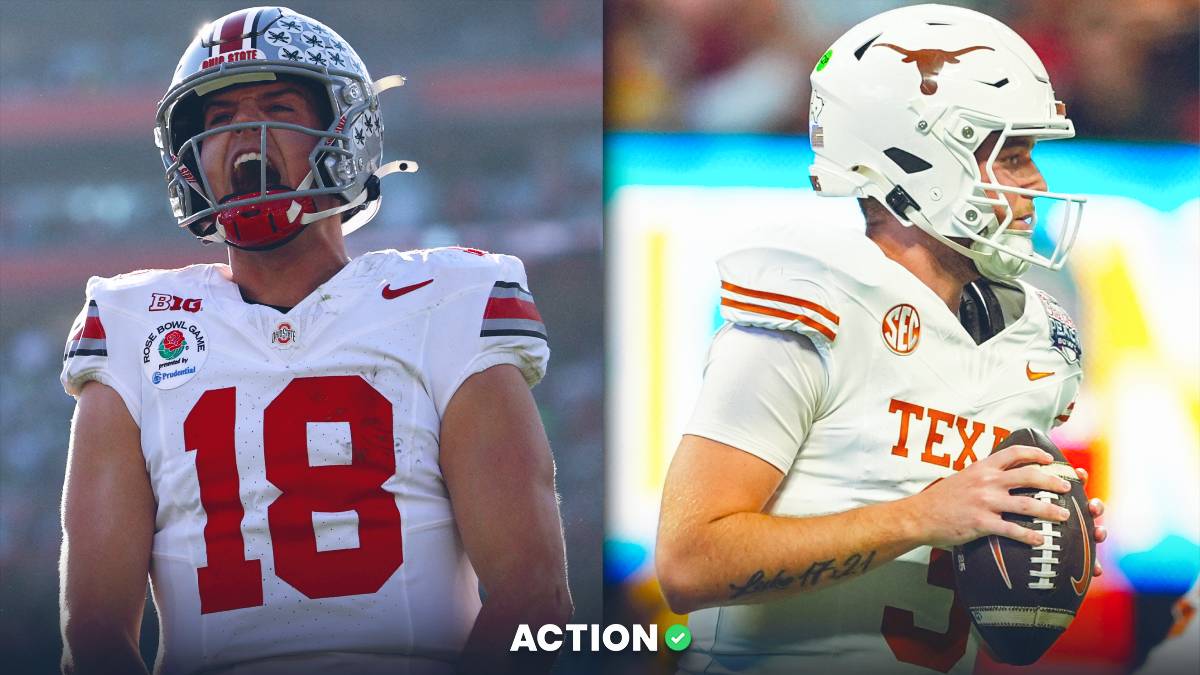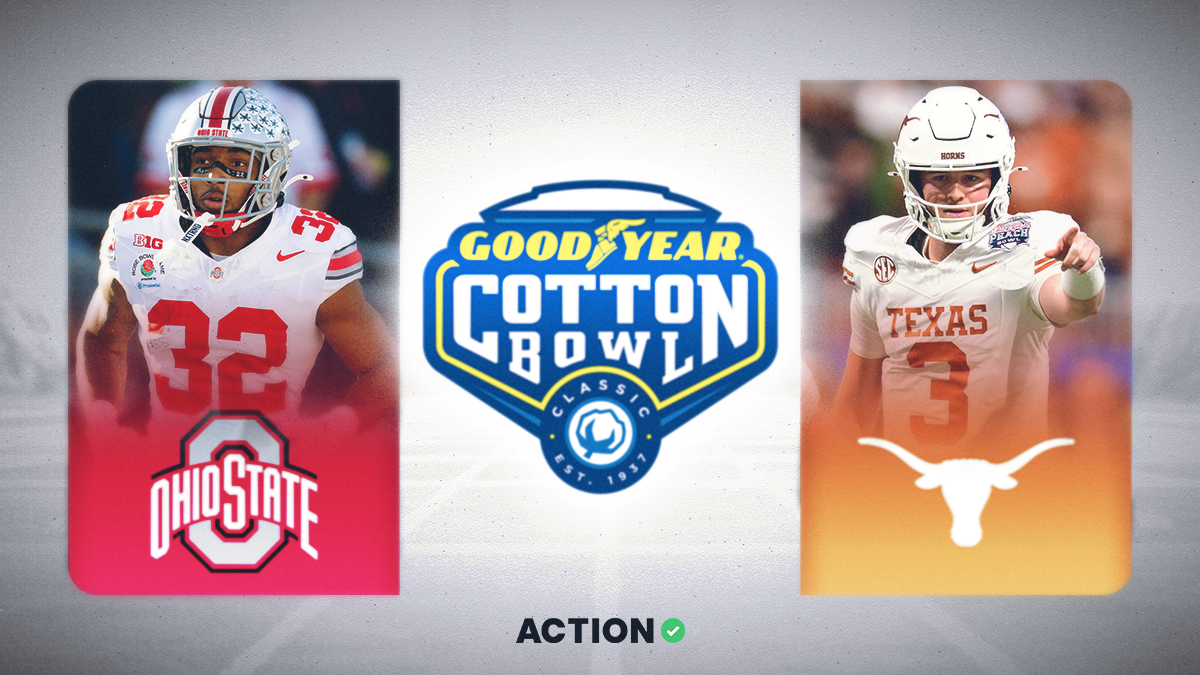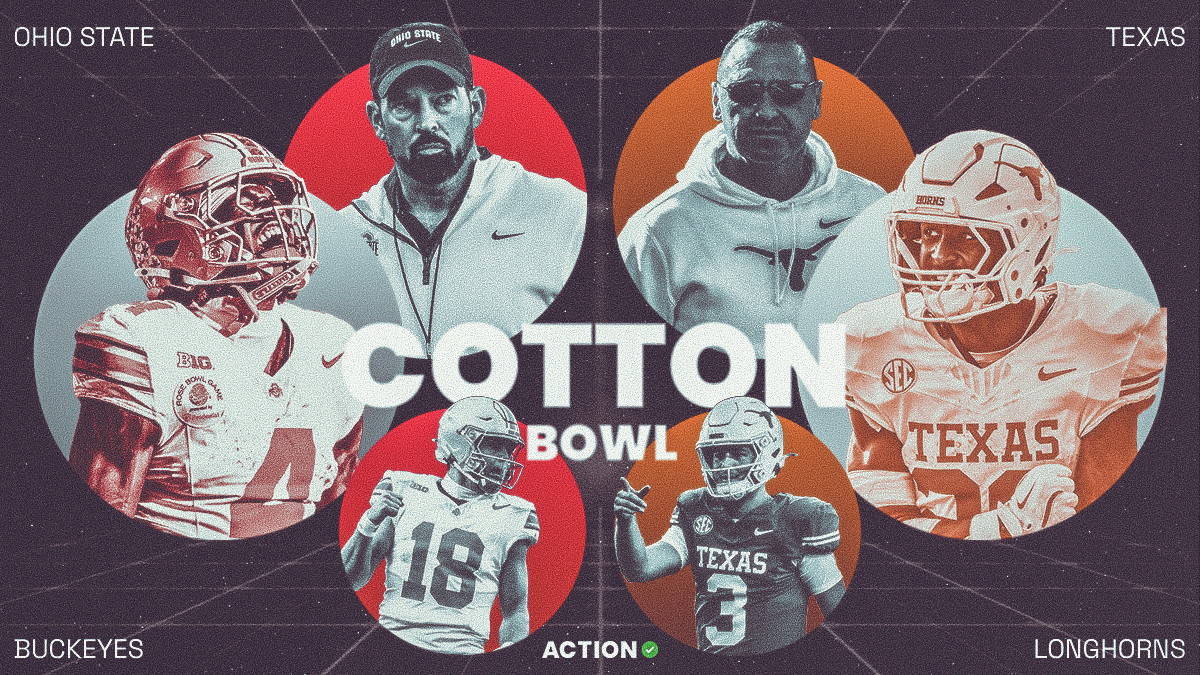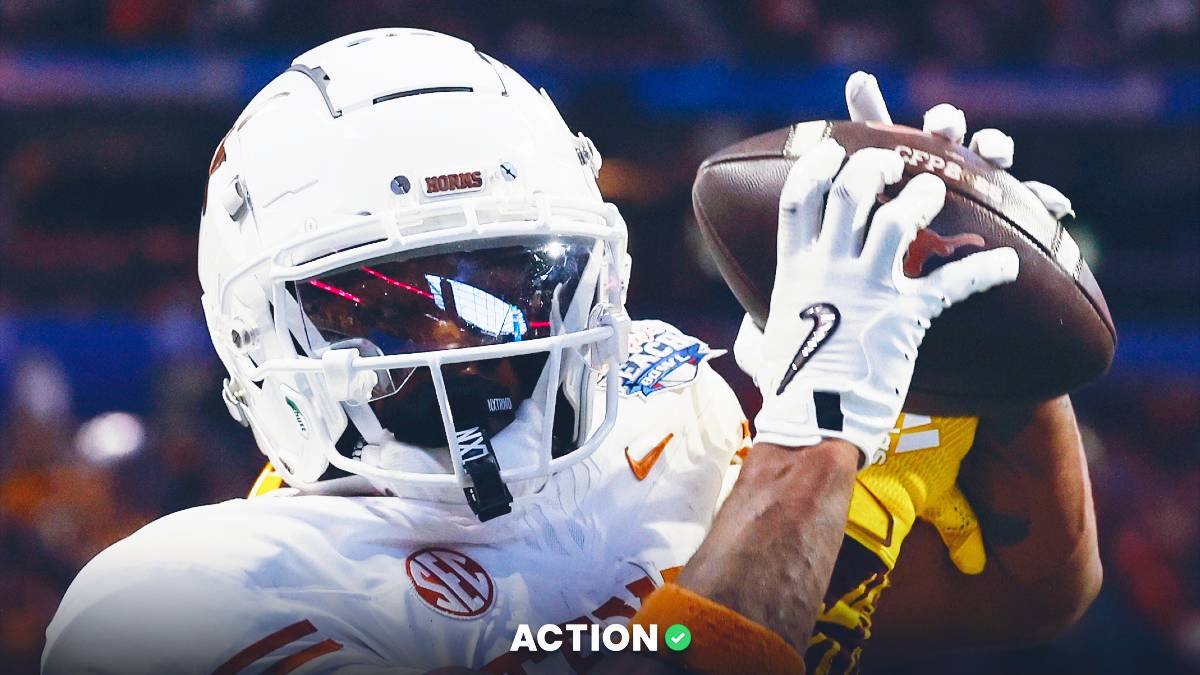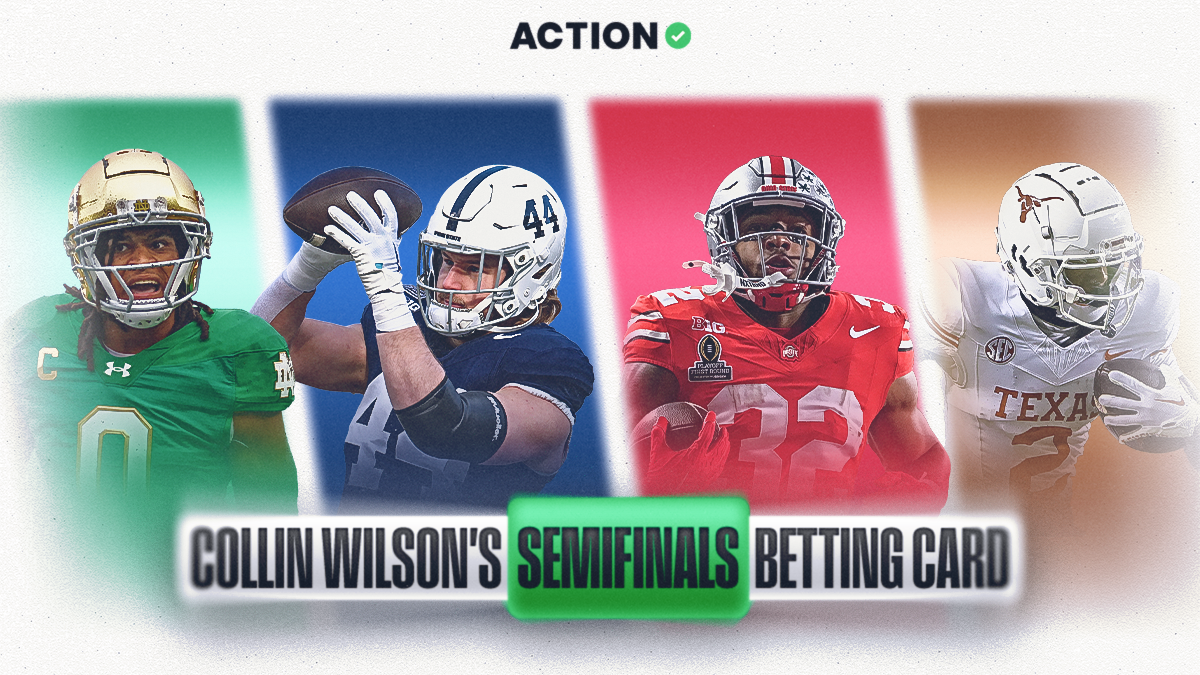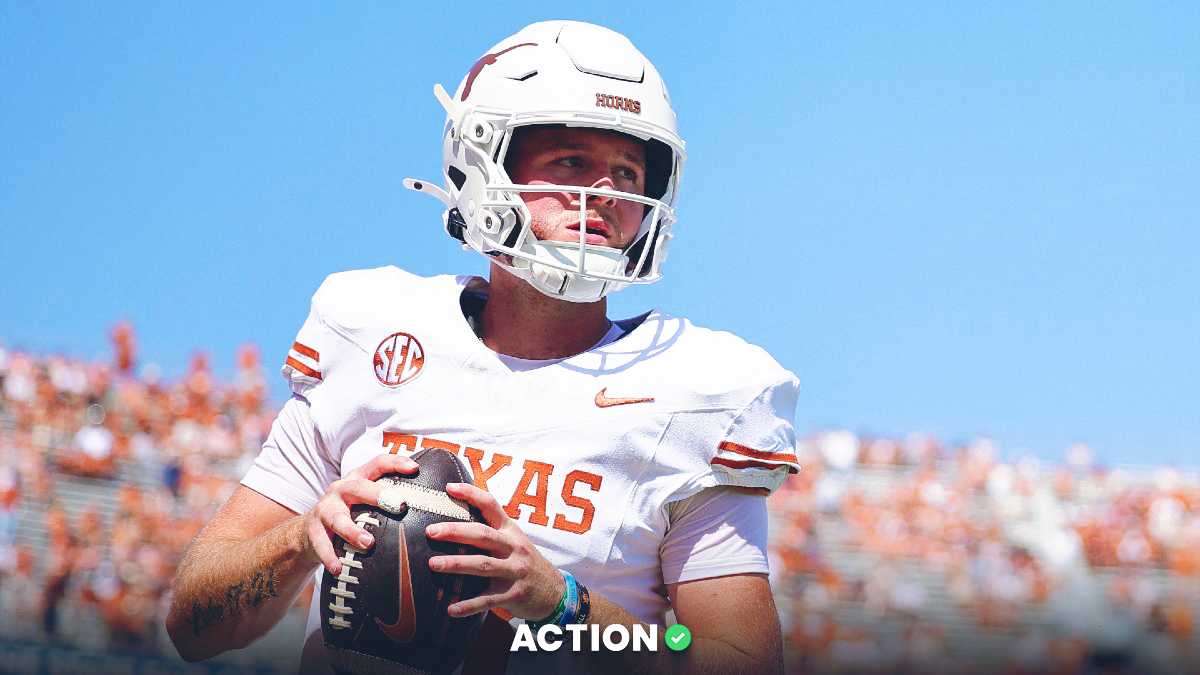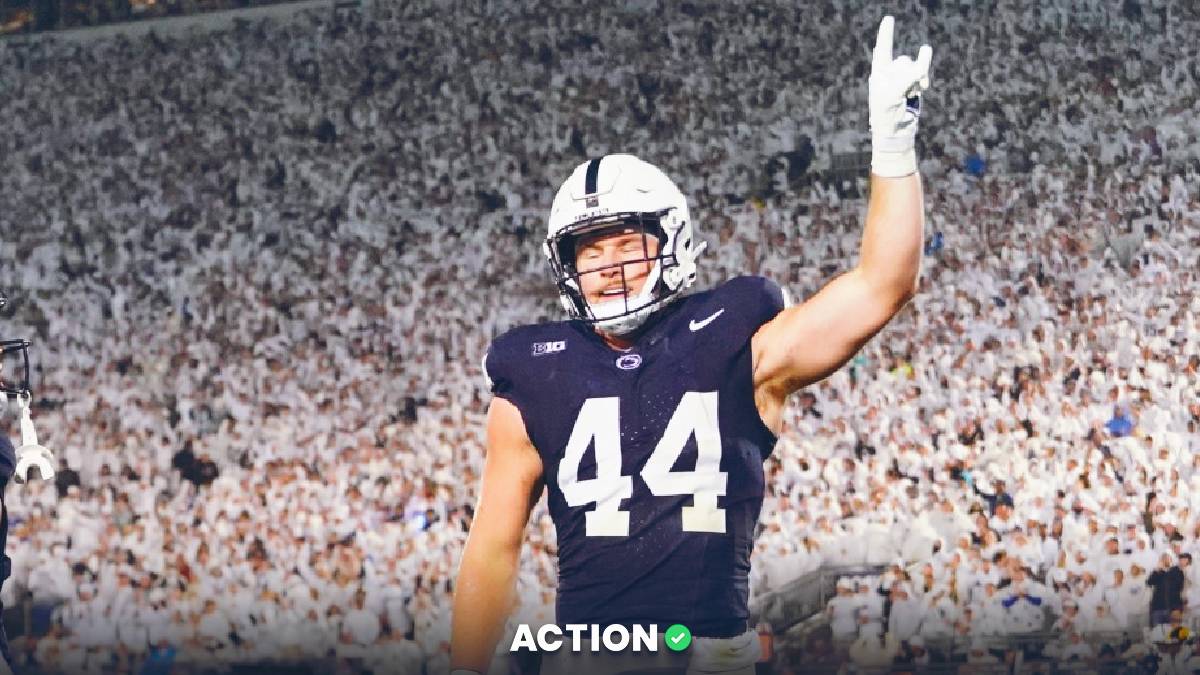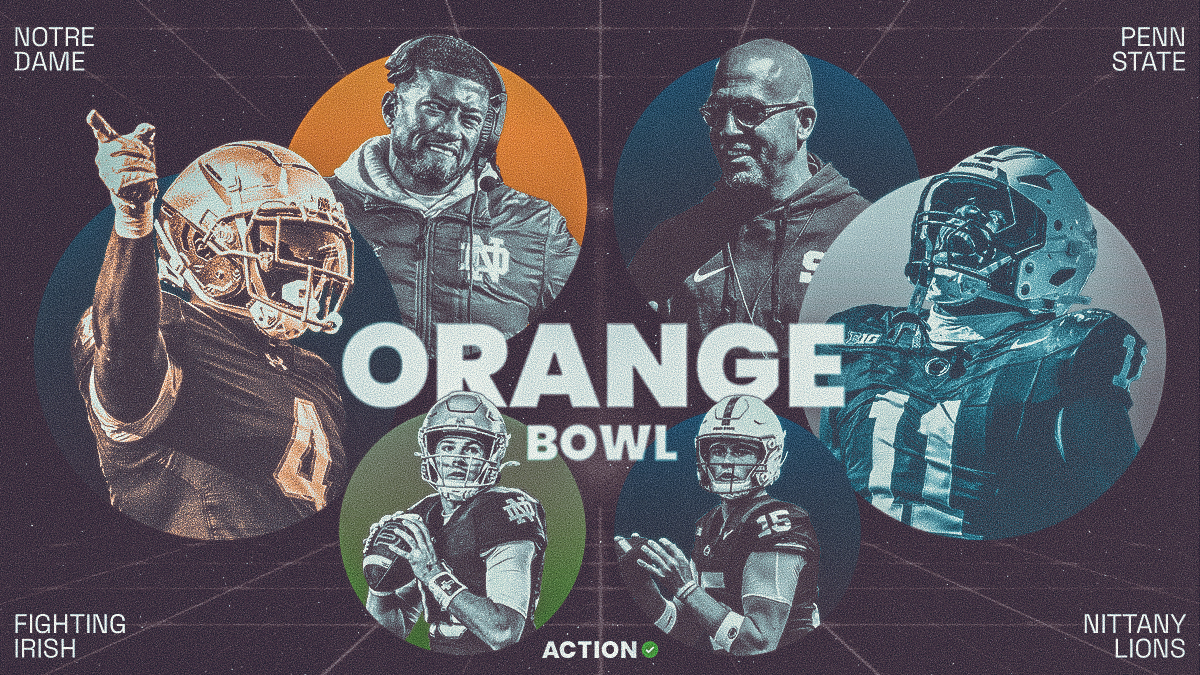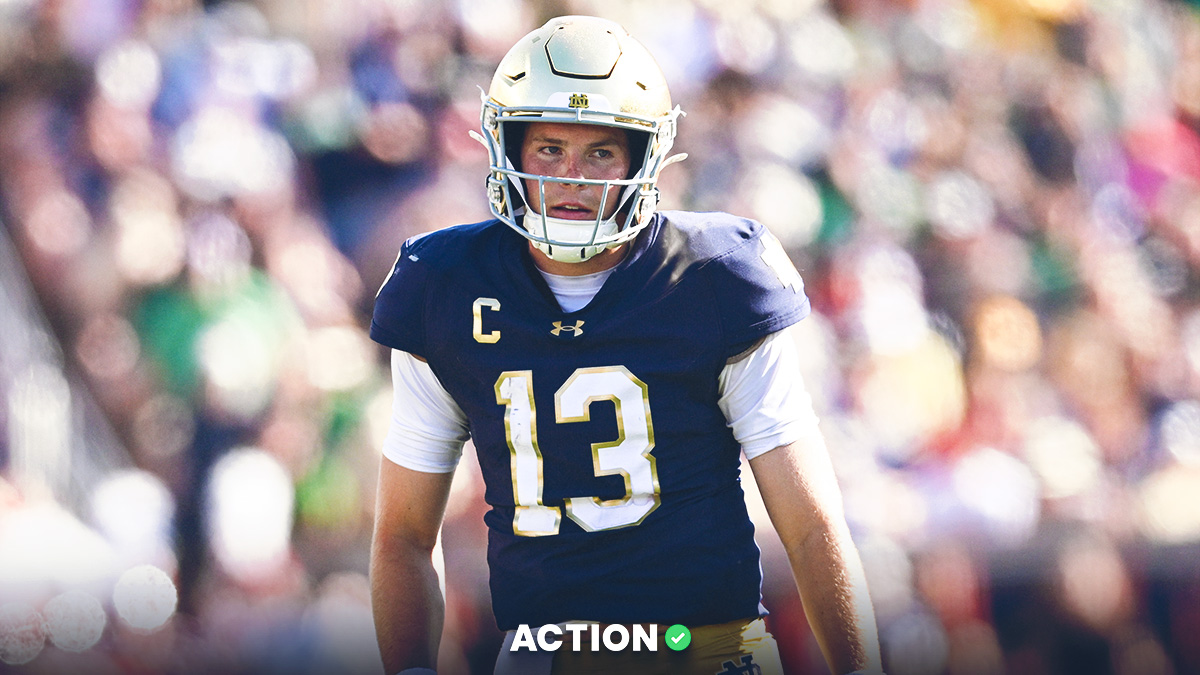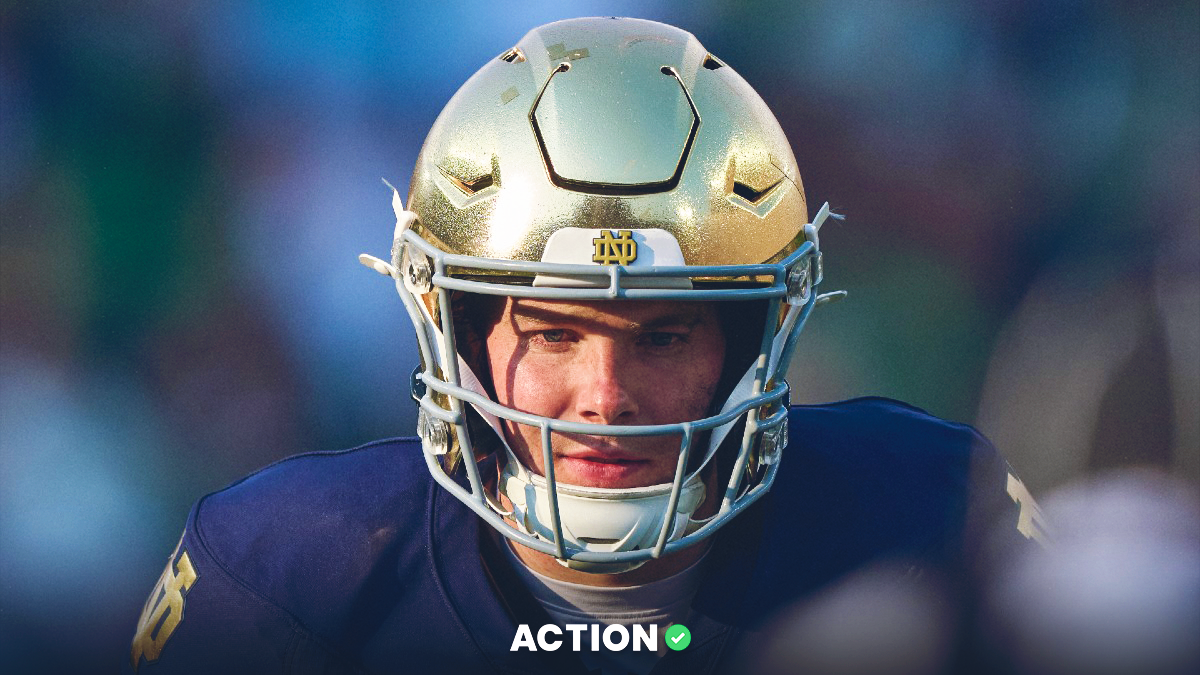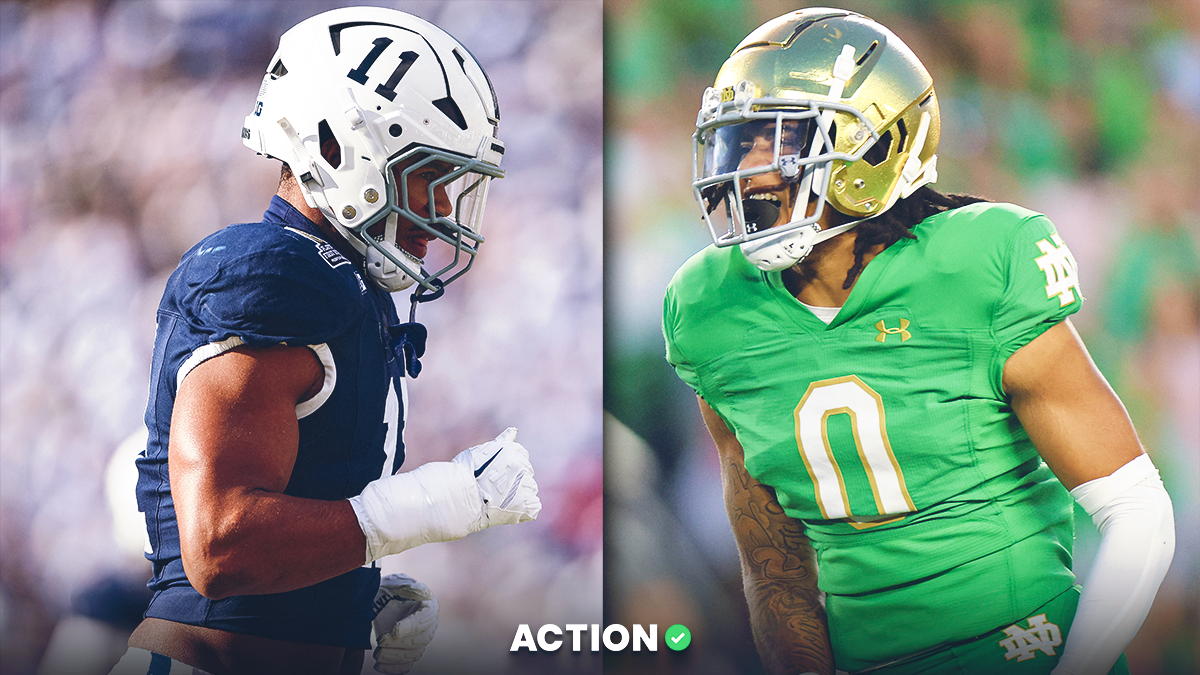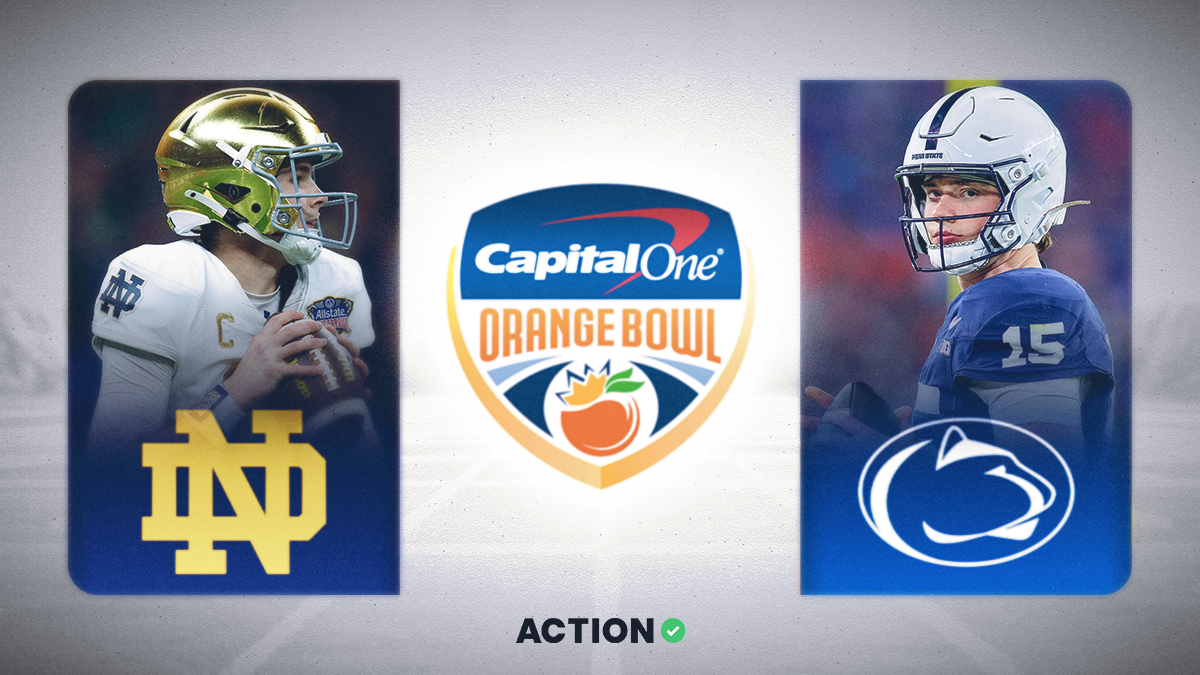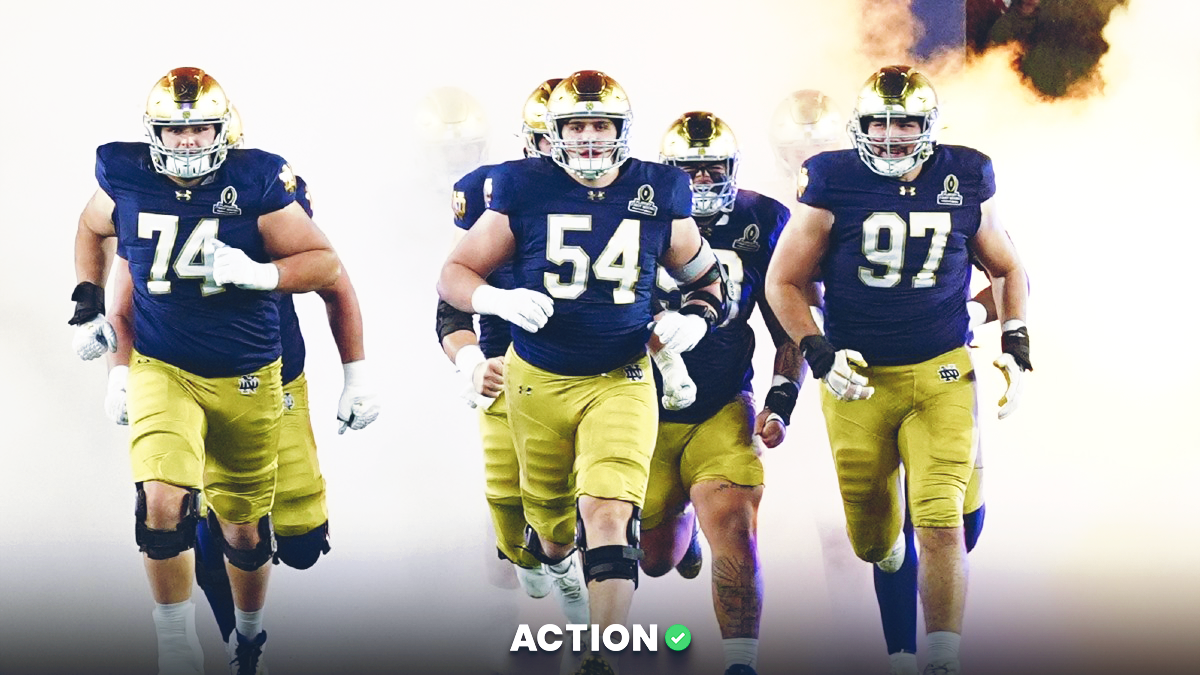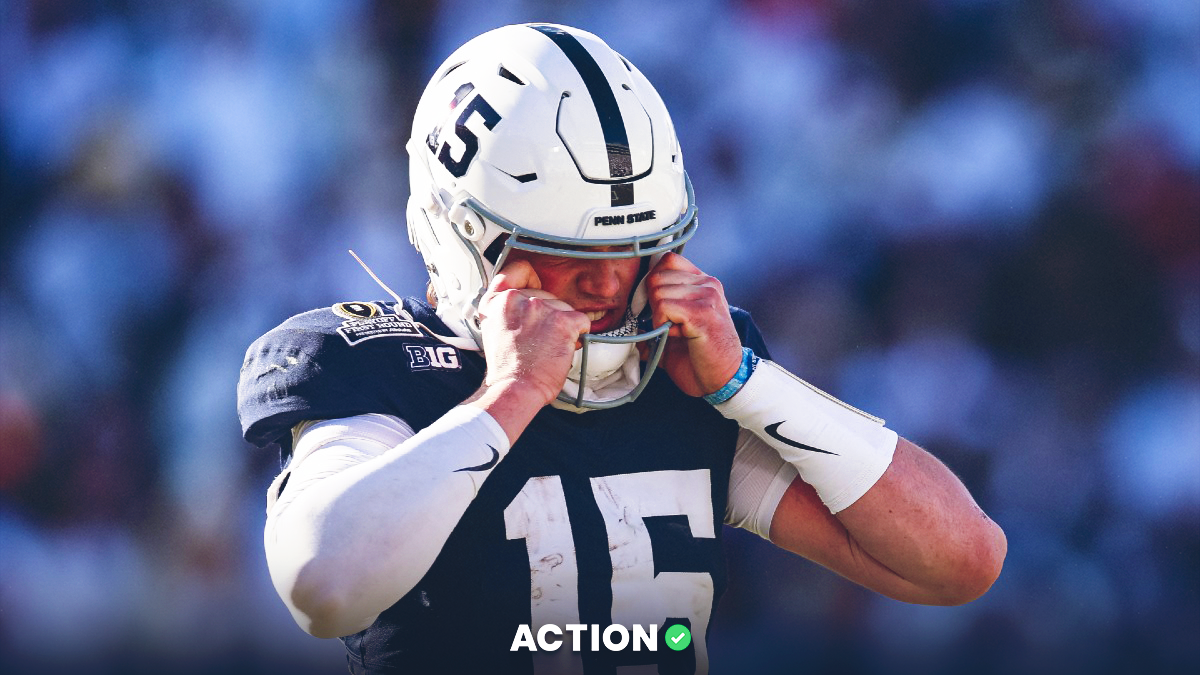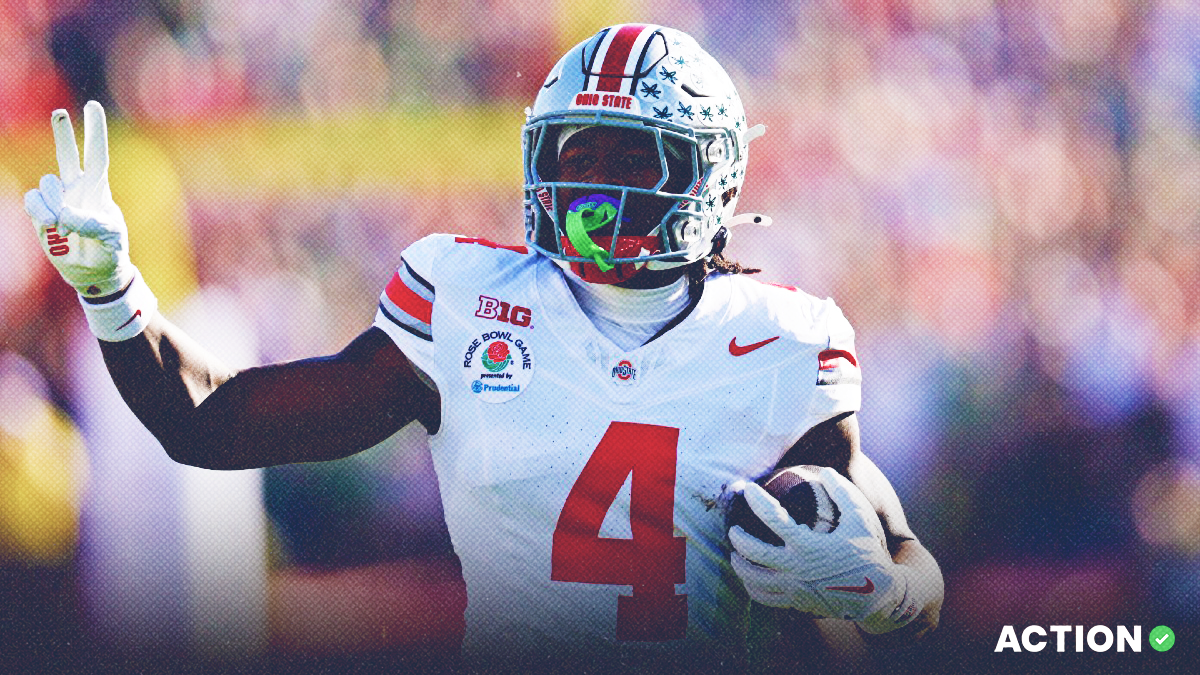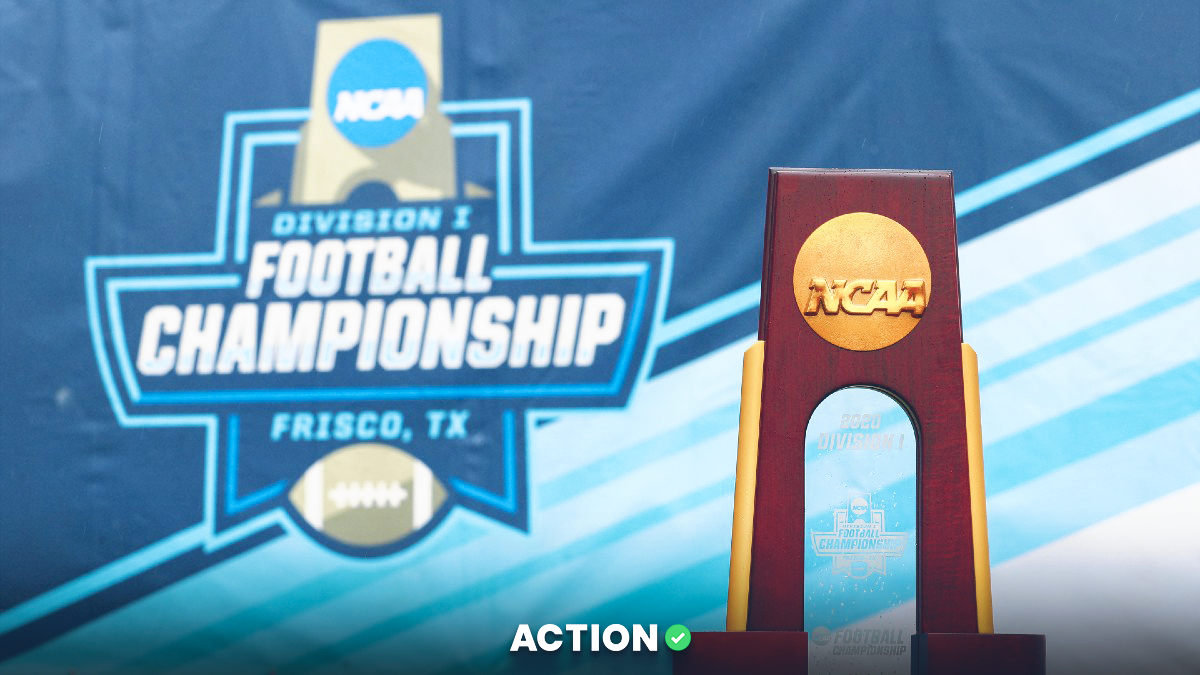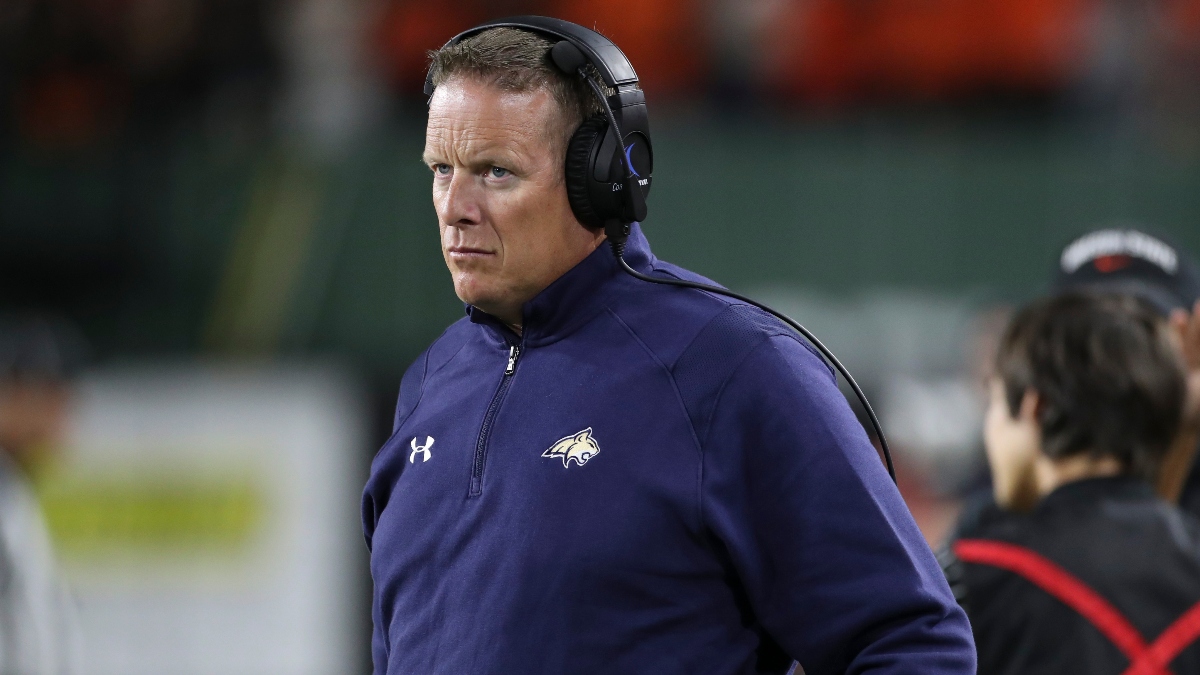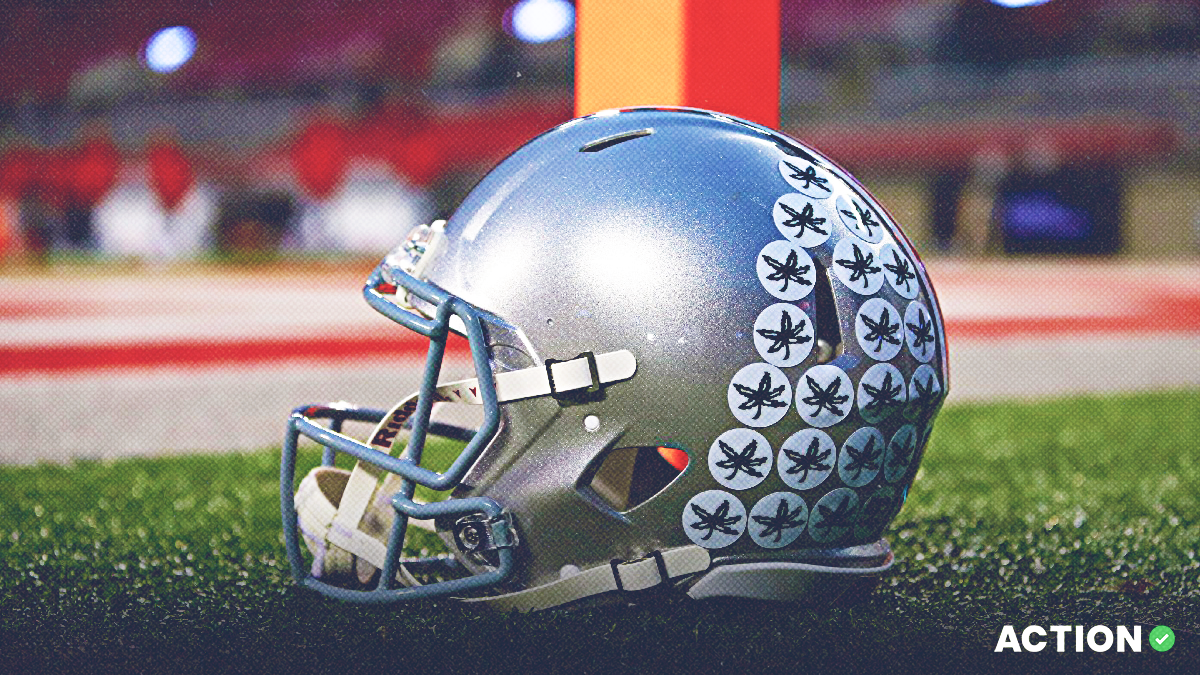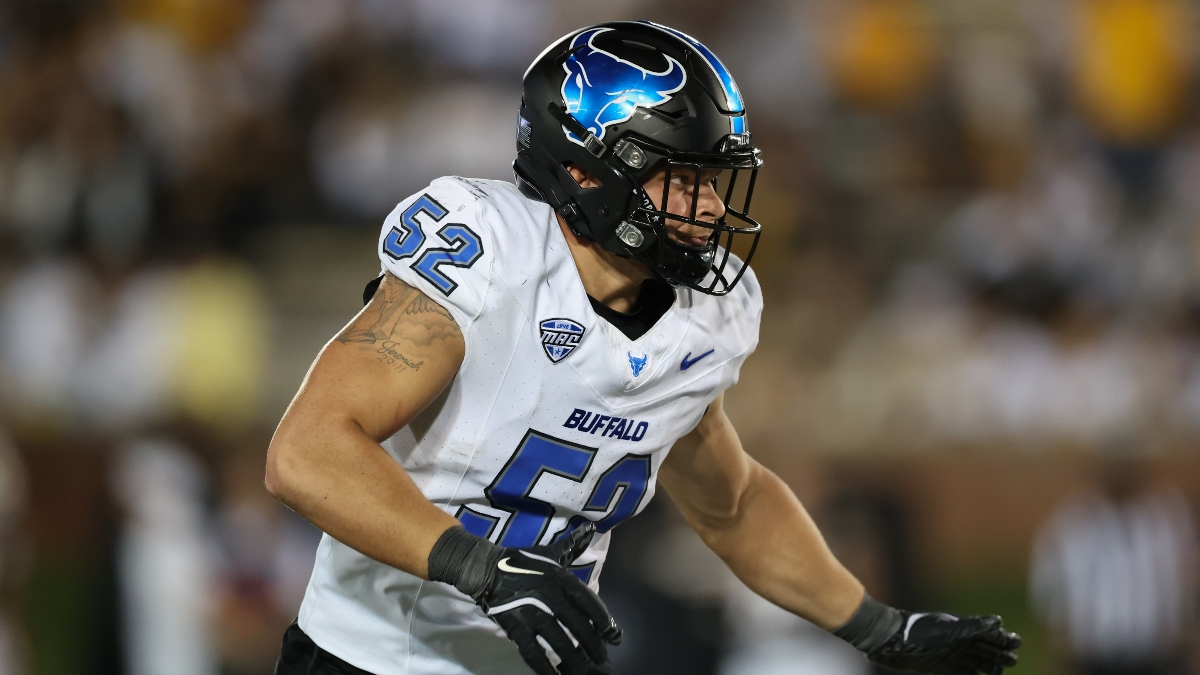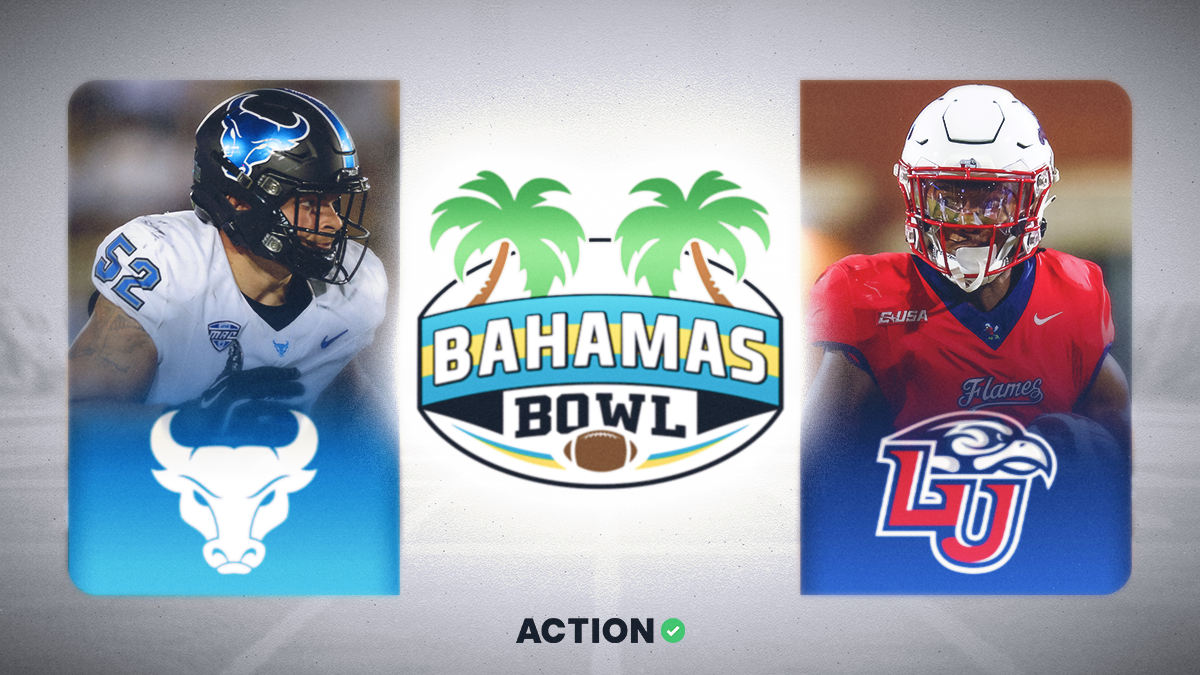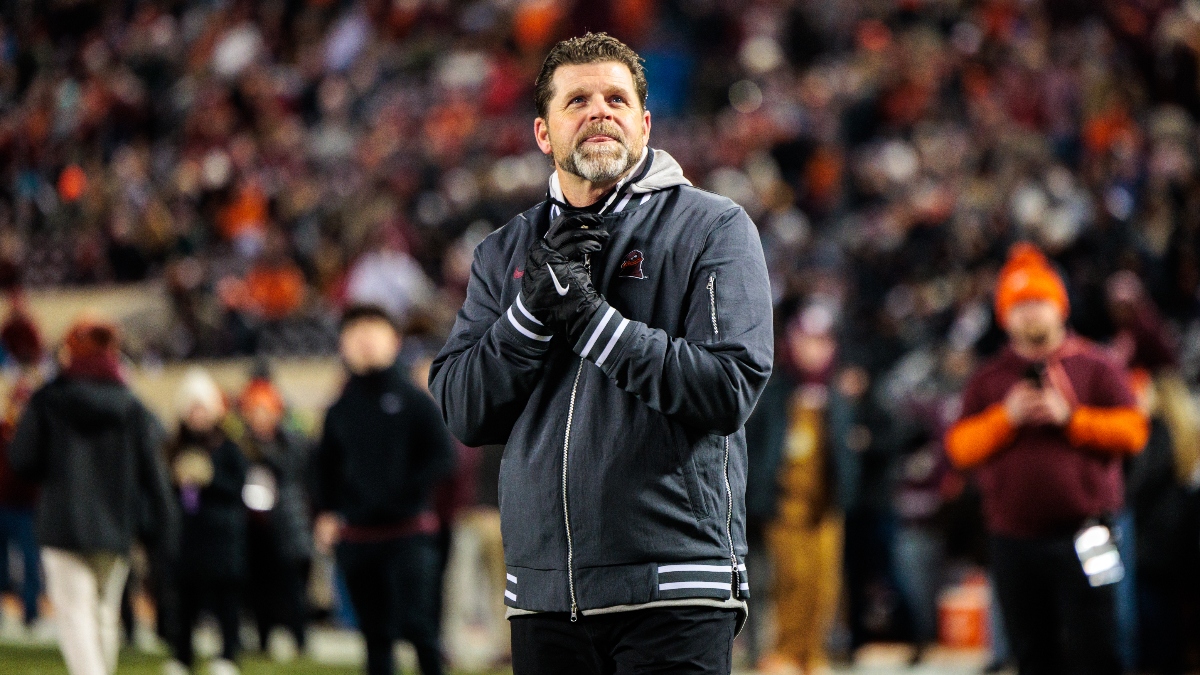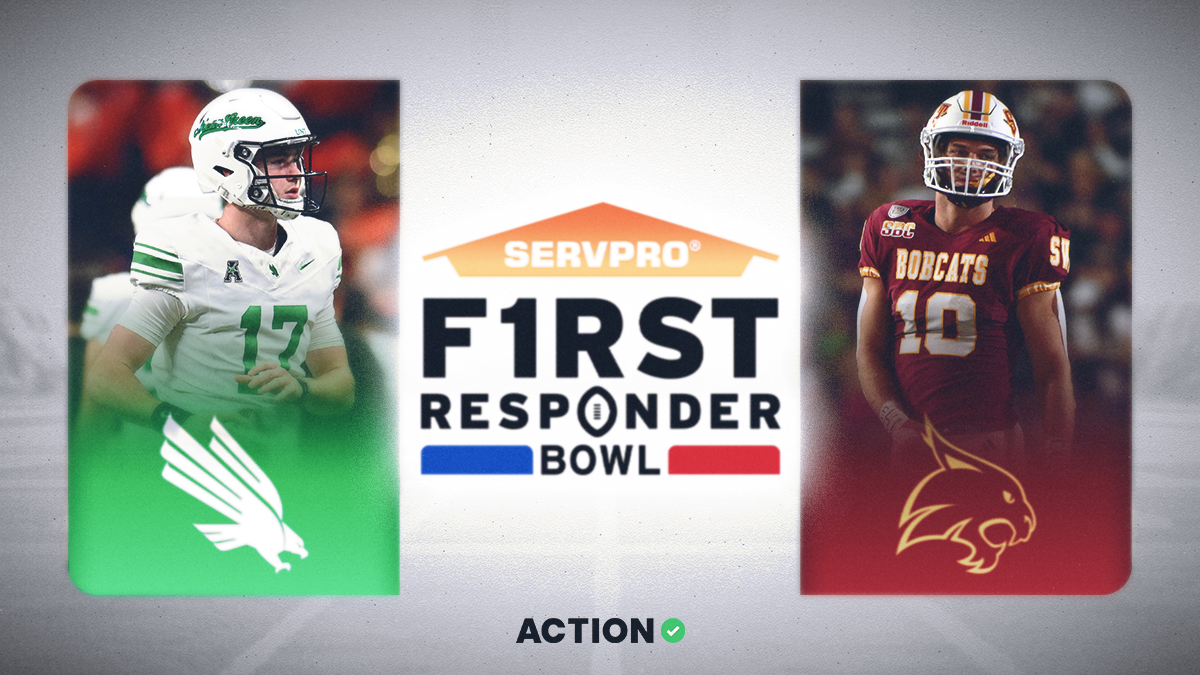In smaller markets, there's less consistency between books and more wiggle room for bettors to find +EV wagers. That's certainly the case in college football when you venture outside of national title and Heismanfutures.
Odds to win individual awards and to lead a conference in passing or rushing, for example, offer far more value at every level.
From favorites to long shots, you can see these inefficient markets placing bettors in a position of power. Here's one season-long college football player prop I have circled this August.
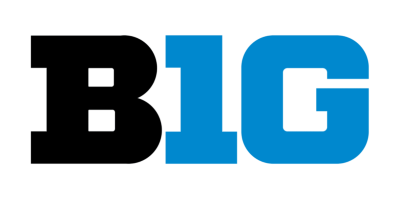
Odds to Lead Big Ten in Passing Yards
| Player | Odds |
|---|---|
| Dillon Gabriel, Oregon | +125 |
| Miller Moss, USC | +350 |
| Ethan Garbers, UCLA | +550 |
| Will Rogers, Washington | +550 |
| Drew Allar, Penn State | +1400 |
| Will Howard, Ohio State | +1400 |
| Tyler Van Dyke, Wisconsin | +1800 |
| Alex Orji, Michigan | +2800 |
| Aidan Chiles, Michigan St. | +3300 |
| Dylan Raiola, Nebraska | +4000 |
| Hudson Card, Purdue | +4000 |
| Kurtis Rourke, Indiana | +4000 |
| Luke Altmyer, Illinois | +4000 |
| Mike Wright Jr., Northwestern | +4000 |
| Billy Edwards Jr., Maryland | +5000 |
| Max Brosmer, Minnesota | +5000 |
| Cade McNamara, Iowa | +6600 |
| Odds as of Wednesday and via bet365 | |
The Case Against Dillon Gabriel
Books are pricing Oregon quarterback Dillon Gabriel as the prohibitive favorite, and they shouldn’t.
The Ducks’ senior leader is a great fit for Oregon’s offense, but he’s never been a statistical monster. In five years of college football, Gabriel has never eclipsed 3,700 yards passing. Some of this has been due to scheme and poor injury luck.
Now, Bo Nix threw for 4,508 yards last season, but he did so by dinking and dunking, averaging 6.24 air yards per throw to rank 121st nationally. "Bubble-Screen Bo" completed more than a quarter of his throws behind the line of scrimmage and another 40% between 0-9 yards downfield.
Gabriel was more of a downfield thrower at Oklahoma (9.8 air yards per throw), so we’ll see if he changes his game or if the Oregon staff adapts to him.
Also, when I look at Oregon’s schedule this season, some issues hinder a monster season from Gabriel. He draws Ohio State and Michigan, which finished first and second in pass defense last season. Maryland and Wisconsin also had top-40 pass defenses, and they play Oregon in back-to-back weeks in November.
Additionally, the Ducks have a chance to be special on the ground thanks to the return of three starters on the line and running backs Jordan James and Noah Whittington.
My projections call for a 3,600-yard passing season from Gabriel — and that’s assuming he stays healthy for all 12 games.
That 3,600-yard threshold is what I’m using to target two options with value.
The Case for Kurtis Rourke
New Indiana head coach Curt Cignetti is coming off a season in which his starting quarterback, Jordan McCloud, threw for 3,657 yards.
McCloud finished seventh among all Group of Five quarterbacks in terms of PFF grade on throws 20 yards or more downfield. His 8.8 average depth of target was higher than Georgia’s Carson Beck, Texas’ Quinn Ewers and Colorado’s Shedeur Sanders.
In short, he was allowed to cut it loose and attack defenses. Given Indiana’s surprisingly talented receiving corps, expect Cignetti to take off the restrictor plate once again for new signal caller Kurtis Rourke.
The Ohio transfer has netted nearly 7,700 career yards through the air and now boasts a “pick-your-poison” receiving corps in Bloomington.
At 40-1, he’s absolutely worth a flier because of the schedule he’s set to face. Florida International, Western Illinois and Charlotte all come to Memorial Stadium early. FIU finished 100th against the pass at the FBS level, while Western Illinois came in 96th at the FCS level. Charlotte, meanwhile, is in the process of replacing eight defensive starters.
And finally, there’s the catch-up angle for Rourke. Indiana will be an underdog in at least eight games next season. If Rourke can stay healthy, he’ll be bombing away to keep the Hoosiers in it all season long.
The Case for Tyler Van Dyke
The other undervalued play on the board is Wisconsin’s Tyler Van Dyke. Among full-time starters in the Big Ten last season, Wisconsin’s Tanner Mordecai finished third in attempts per game (31.4).
Phil Longo returns as the Badgers' offensive coordinator, and we know he’ll continue to push the pace (20th) while dialing up passes significantly more often than what Wisconsin had become accustomed to under Paul Chryst (+11% increase YoY).
With running back Braelon Allen off to the NFL, I foresee even more passing this season for the Badgers.
Van Dyke will thrive in this “Dairy Raid” offense, just as he did during the spring game where he looked unstoppable. This is the same Van Dyke who has 11 300-plus yard passing games in his career. That includes throwing for a combined 765 last season in two games against A&M and UNC.
His max potential could be unlocked in Madison, and at 18-1 I’m willing to roll the dice that the experienced Badger line keeps him out of harm’s way all season long.
And finally, if you’re worried about the top passer simply coming from the best team, consider this: In the past 25 years, 13 passers in total from Illinois, Indiana, Maryland, Northwestern and Purdue have led the Big Ten in passing.
You don’t need to be from a blue blood to lead the conference in passing.


